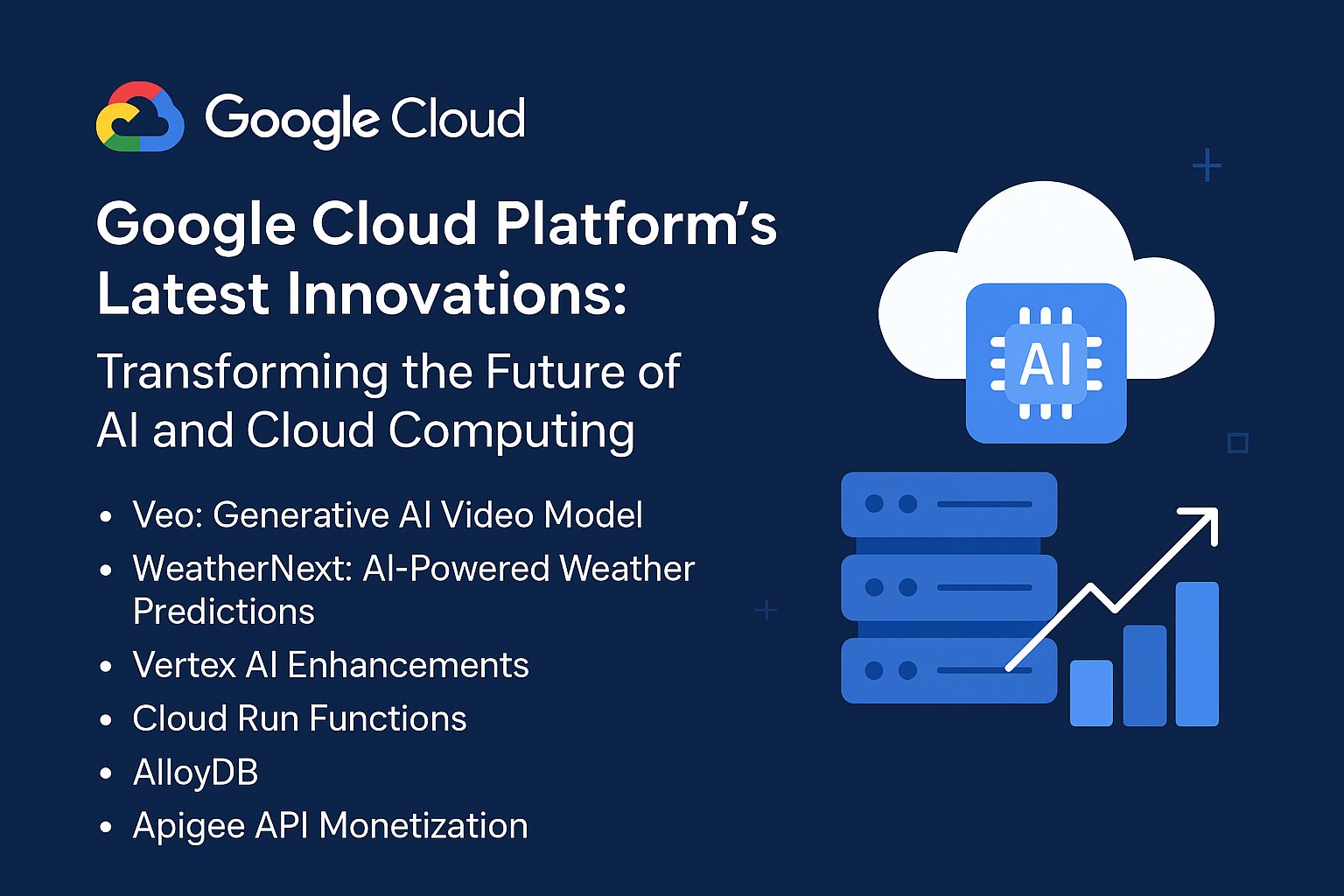As the world increasingly turns its focus towards environmental sustainability, electric vehicles (EVs) and green finance have emerged as pivotal components in the transition to a greener economy. This shift is not only about adopting new technologies but also about leveraging advancements in artificial intelligence (AI) to drive sustainable finance initiatives. In this article, we’ll explore how EVs contribute to the green economy, the role of AI in enhancing sustainable finance, and the broader implications for investors, policymakers, and businesses.
Electric Vehicles and the Green Economy
The Rise of Electric Vehicles
Electric vehicles have become synonymous with the quest for cleaner, more sustainable transportation. Unlike traditional internal combustion engine vehicles, EVs run on electric power, which significantly reduces their carbon footprint. This reduction is especially notable when the electricity used is sourced from renewable energies such as wind, solar, or hydroelectric power.
According to a report by the International Energy Agency (IEA), the global EV stock reached 10 million units in 2022, marking a significant increase from previous years. This growth is driven by several factors, including advancements in battery technology, declining costs, and supportive government policies aimed at reducing greenhouse gas emissions.
For a detailed report on EV growth, you can refer to the IEA Global EV Outlook.
Impact on the Green Economy
EVs play a crucial role in the green economy by contributing to the reduction of greenhouse gases (GHGs) and other pollutants. They also help decrease dependency on fossil fuels, which is a significant driver of climate change. By integrating EVs into public transportation and personal use, cities can reduce air pollution, improve public health, and support a more sustainable urban environment.
Moreover, the adoption of EVs stimulates economic growth in several sectors, including manufacturing, infrastructure development, and renewable energy. As EVs become more prevalent, there is a growing need for charging infrastructure, which in turn creates jobs and investment opportunities.
For more insights into the economic benefits of EVs, check out this report by McKinsey & Company.
The Role of AI in Sustainable Finance
What is Sustainable Finance?
Sustainable finance refers to financial activities that support the transition to a more sustainable economy. This includes investments and financial practices that consider environmental, social, and governance (ESG) factors. The goal is to direct capital towards projects and companies that contribute positively to sustainability while managing financial risks associated with ESG factors.
AI’s Contribution to Sustainable Finance
AI has a transformative potential in sustainable finance. Here are some key areas where AI is making a significant impact:
1. Enhanced Data Analysis
AI can process vast amounts of data more efficiently than traditional methods. In sustainable finance, AI algorithms analyze ESG data, financial metrics, and other relevant information to provide insights into the sustainability performance of investments. This helps investors make informed decisions and identify opportunities that align with their sustainability goals.
For a deeper understanding of AI in data analysis, refer to this Harvard Business Review article.
2. Risk Assessment and Management
AI enhances risk assessment by identifying potential environmental and social risks associated with investments. Machine learning models can predict how climate change or regulatory changes might impact the financial performance of companies. This proactive approach enables investors to mitigate risks before they materialize.
The World Economic Forum provides an in-depth look at how AI is reshaping risk management practices.
3. Optimizing Investment Portfolios
AI-driven tools help optimize investment portfolios by incorporating ESG factors into portfolio management. Algorithms can evaluate the sustainability credentials of assets and suggest adjustments to align with the investor’s green objectives. This results in more effective and aligned investment strategies.
For an overview of AI in portfolio optimization, check out the Journal of Sustainable Finance & Investment.
4. Fraud Detection and Compliance
AI plays a crucial role in detecting fraudulent activities and ensuring compliance with ESG regulations. By monitoring transactions and identifying anomalies, AI systems help prevent fraud and ensure that companies adhere to sustainability standards.
A detailed analysis of AI in fraud detection can be found in this Gartner report.
Challenges and Considerations
Despite its advantages, integrating AI into sustainable finance comes with challenges. Data quality and accessibility remain significant issues, as accurate and comprehensive ESG data is crucial for AI algorithms to function effectively. Additionally, there are concerns about the ethical implications of AI, including potential biases and the need for transparent decision-making processes.
Investors and financial institutions must address these challenges by investing in high-quality data sources and developing ethical AI frameworks. Collaborative efforts between tech developers, financial professionals, and policymakers are essential to overcoming these obstacles and maximizing AI’s benefits.
The Future of Electric Vehicles and AI in Sustainable Finance
A Synergistic Future
The intersection of electric vehicles and AI-driven sustainable finance represents a promising synergy for the future. As EV adoption grows, AI will continue to play a crucial role in managing and optimizing the associated investments and infrastructure. For instance, AI can improve the efficiency of EV charging networks by predicting demand and optimizing energy distribution.
Moreover, advancements in AI and machine learning can lead to innovations in EV technology itself, such as more efficient battery systems and enhanced autonomous driving capabilities. These advancements will further bolster the role of EVs in the green economy and contribute to a more sustainable future.
For a glimpse into future trends in EV technology and AI, explore this Forbes article.
Policy and Investment Recommendations
To harness the full potential of EVs and AI in sustainable finance, policymakers and investors should consider the following recommendations:
- Support for Research and Development: Increased funding for R&D in EV technology and AI applications can drive innovation and improve sustainability outcomes.
- Data Standards and Transparency: Establishing clear standards for ESG data and promoting transparency in AI decision-making processes are crucial for building trust and effectiveness.
- Collaborative Efforts: Encourage collaboration between governments, businesses, and tech developers to address challenges and capitalize on opportunities in the green economy.
- Education and Training: Invest in education and training programs to equip professionals with the skills needed to leverage AI in sustainable finance effectively.
For a comprehensive policy framework on sustainable finance, refer to the UN Principles for Responsible Investment.
Conclusion
Electric vehicles and artificial intelligence are at the forefront of the green economy, driving significant advancements in sustainability and finance. As EV adoption continues to grow and AI technologies evolve, their combined impact promises to reshape industries and contribute to a more sustainable future. By addressing challenges and leveraging opportunities, stakeholders can harness the full potential of these innovations to promote environmental stewardship and economic growth.
For additional resources and further reading on sustainable finance and AI, you might find these documents helpful:
By staying informed and engaged with these developments, we can collectively advance towards a greener and more sustainable world.

